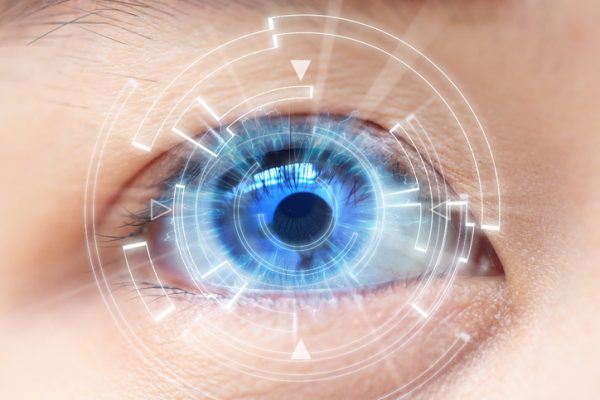
Pediatric eye issues in newborns like hemorrhages, developmental abnormalities and even particular cancers like retinoblastoma have the potential to have life-long impact on vision if left untreated.
However, a shortage of expertise around ophthalmology – especially in certain rural areas – has made it difficult to identify these issues before they worsen.
Palo Alto, California-based Pr3vent, Inc. has developed an AI-based system that can screen the retinal images of newborn babies to highlight potential eye conditions that require follow-up and treatment.
The startup recently raised a $1.5 million Series A led by InFocus Capital Partners, an investment firm specializing in companies addressing eye-related diseases. The funding builds on an earlier $1 million seed round from Skyview Ventures and Trousdale Ventures.
CEO Jochen Kumm said the company has a commercialization agreement with Mednax, a national medical group with a presence in more than 4,000 hospitals around the country that is also the largest provider of newborn hearing screening.
“From a practical point of view that’s huge because it means we will get to the customers, the patients and the baby much faster,” Kumm said in a phone interview.

The Funding Model for Cancer Innovation is Broken — We Can Fix It
Closing cancer health equity gaps require medical breakthroughs made possible by new funding approaches.
Pr3vent was born out of a lunchtime conversation between company co-founders and fellow Stanford University academics Darius Moshfeghi and Kumm.
Moshreghi – a practicing ophthalmologist – recounted the story of a patient suffering from an eye disease which if identified earlier could have been treated to stem their continuing vision loss.
Leveraging Kumm’s expertise in developing computation tools for healthcare, the duo thought up an idea for software that would be able to detect eye abnormalities and prevent later blindness for pediatric patients.
The company’s platform has been trained on hundreds of thousands of newborn retinal images which the company has received through an exclusive license. Kumm said the technology is currently around 97 percent accurate in screening for eye abnormalities.
While Pr3vent is continuing to develop their system to actually diagnose eye conditions, their current business focus is on an initial screening tool to assist clinicians working with newborns.
“That’s what I feel AI should be doing at this point, making medical care better, not completely replacing it,” Kumm said. “It also makes our lives easier when it comes to implementation and working with the FDA.”
The company is in the FDA pre-submission process for its technology and Kumm said the hope is to get regulatory clearance by the end of 2020.
Another factor to drive adoption of the company’s technology, according to Kumm is the fact that cameras necessary to take the retinal images are already widely available in hospitals due to their use in treatment for pre-mature babies.
“Given that, we can offer a AI-health service that’s accessible to a lot of people and functions within an existing workflow,” Kumm said.
Pr3vent is not alone in looking to apply AI technology to ophthalmology. Other companies include Iowa City-based IDx, which received FDA clearance last year for its diabetic retinopathy screening tool.
Photo: Jay_Zynism, Getty Images










